Text
folk music:
"I have faced generations of oppression and mourn my lost love and country, but my culture will persist and survive"
also folk music: "I am going to drink so much alcohol you don't understand. literally So much alcohol"
also folk music: "oops I killed my husband lol"
also folk music: "shit I should have married that girl. too bad she keeps ignoring me every time I try to break into her house"
also folk music: "I feel an unimaginable grief for a past I can never return to"
also folk music: "fiddle dee doodle diddle deedle deedle dee"
6K notes
·
View notes
Text
One of the best parts about folk music is that there are always versions of the song you haven’t heard. Lyrics change as people pass the song around, someone realizes that it sounds just as good sung to another song’s tune, different cultures change the setting to reflect where they’re from. Music for the people, by the people.
This is also the worst part about folk music, because everyone else in the world will have learned your favorite song a different way, and that way will always be objectively wrong.
1K notes
·
View notes
Video
Great documentary! Highly recommended!
youtube
Zora Neale Hurston: Claiming A Space | Full Documentary | AMERICAN EXPER…
7 notes
·
View notes
Text
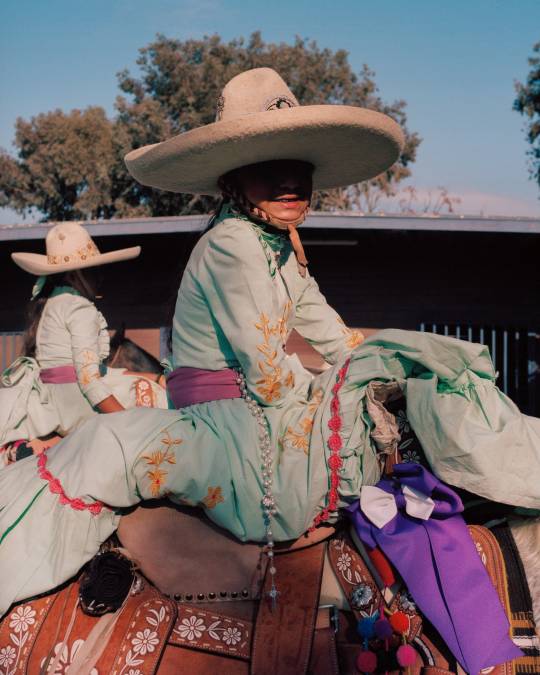
Charrerria rider, from Mexico, by Carlos Jaramillo
442 notes
·
View notes
Text
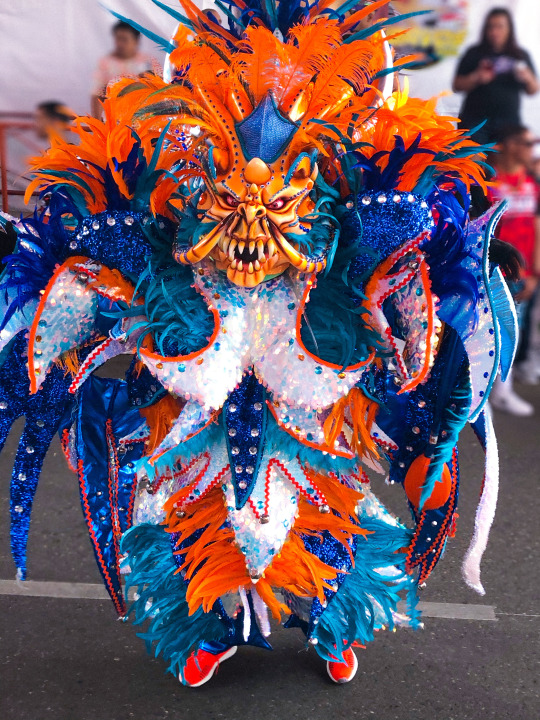
El Diablo Cojuelo masker, Dominican Republic, by Estefanía Moronta
186 notes
·
View notes
Text
Growing up as a Mexican American in Arizona I had a lot of (white) folks tell me to leave and go back where I came from. Keep in mind, the majority of people in Arizona (and specifically white people) moved there from different states. My family, on the other hand, has been there for at least 4-5 generations, and even further back before the Southwest was even part of the United States.
Like... I can walk back to where I came from... but if you do the same, you're gonna have to do a LOT of swimming to get back to Europe!
I think people shouldn't be allowed to look at an African American who complains about America and tell them to leave.
Why?
We were brought here against our will. We built this shit show and contributed to the culture. We suffered at the hands of EVERYONE else who happened to be here. Certain Native American tribes included. Uh-huh. We didn't forget.
Oh, and we're still being shot due to the "They're dangerous' stereotype. We're are forever fetishized.
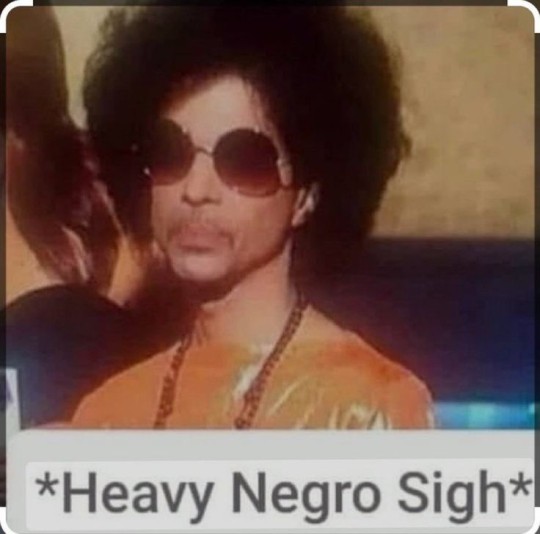
And even if we do leave the country, we're at the bottom of the barrel on this planet because we're black and AMERICAN!
Everyone legitimately dislikes us for whatever irrational reason. Whether it's because they think we're all gun happy druggies with no culture or because they think we're not well behaved and always rude. Promiscuous is what they see when they look at our women. It's despicable to me.
No matter where we go, we're gonna be treated the same, just in other places, they won't try to kill us, and it's less likely I'll turn up dead.
So no.
You don't get to tell me to leave. You can get your shit together and fix this mess you call a country and SAY THANK YOU!
174 notes
·
View notes
Text
On June 15, 1939 Zora Neale Hurston recorded "Uncle Bud," a bawdy song found all over the South that went on to become a Cajun-Creole Zydeco classic. Hurston explains, "'Uncle Bud' is not a work song. It is a sort of social song for amusement." One of the first documented instances of the song in print appeared as "O-Bud!" in a Texas Folklore Society publication in 1928, collected in Virginia ca. 1924, but Hurston likely first heard the song from black working men while she was doing folklore field work in logging and terpantine camps in Louisiana. It's an invaluable audible artifact from almost a century ago. And it's quite raunchy to say the least! At the end, either Stetson Kennedy or Hurbert Halpert, the Library of Congress folk collectors in that session, say with an audible grin, "I think that's a very valuable contribution to scientific recording."
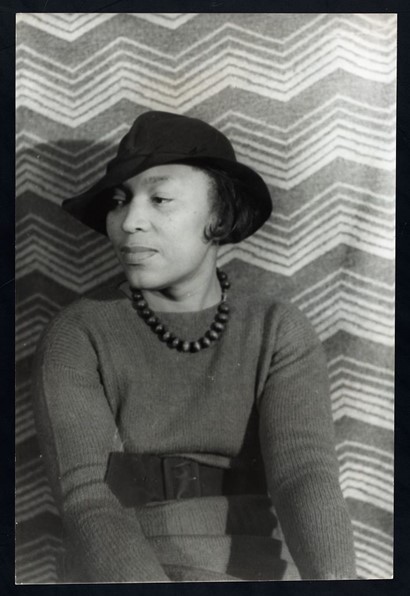
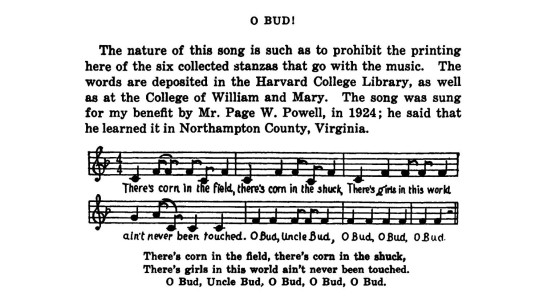
#zora neale hurston#folklore#folk music#black history#music#music history#musicology#literature#african american literature#african diaspora#zydeco#cajun music#louisiana creole#boozoo chavis#rockin' sidney#sonny terry#Spotify
3 notes
·
View notes
